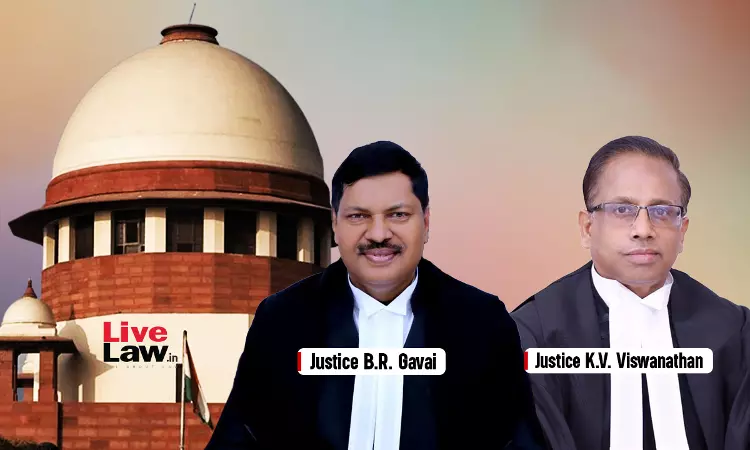The Supreme Court today (Oct. 3) observed that criminal cases arising out of civil transactions should be quashed when the parties have resolved their entire disputes among themselves. “It could thus be seen that this Court reiterates the position that the criminal cases having overwhelmingly and predominantly civil character, particularly those arising out of commercial transactions...

